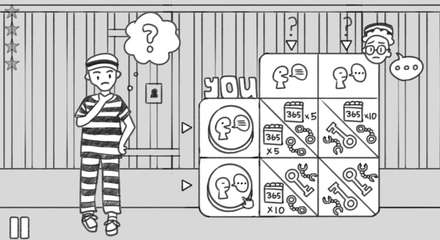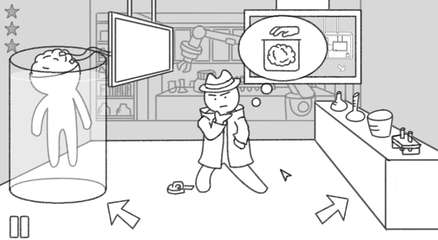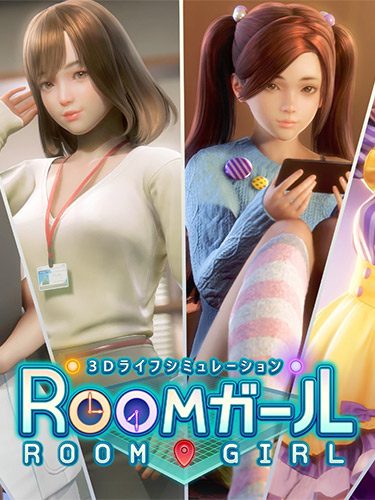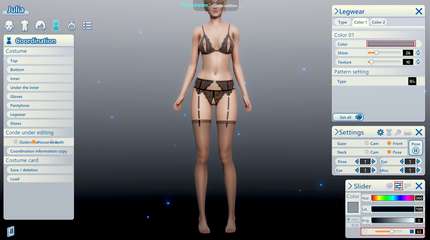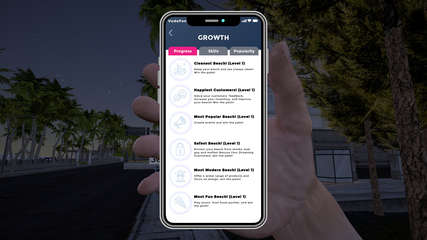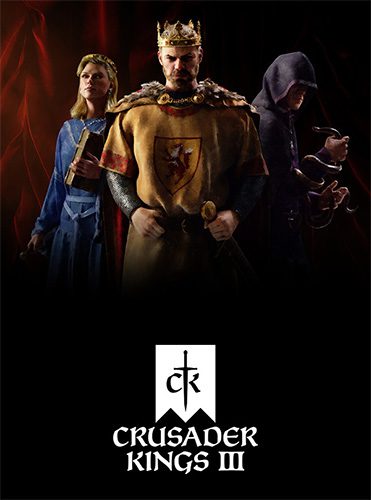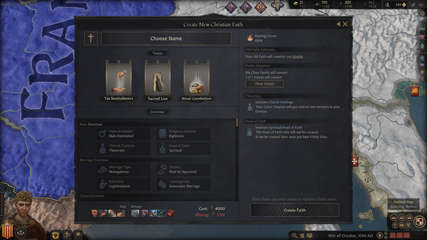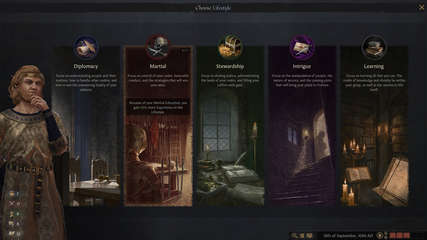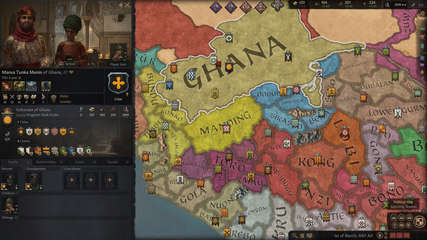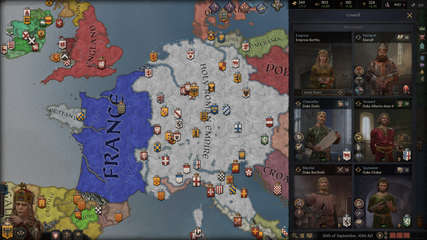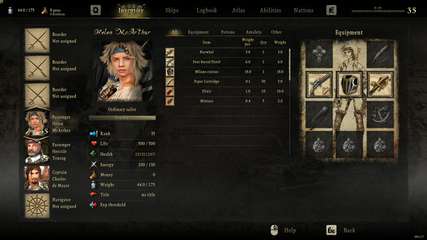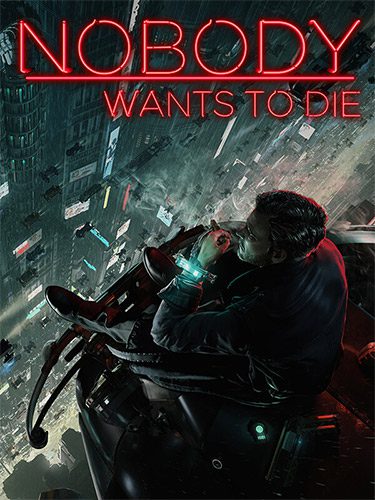Updated Thought Experiment Simulator v1.0.06 + Bonus Soundtrack. You can download it through direct links or using Torrent
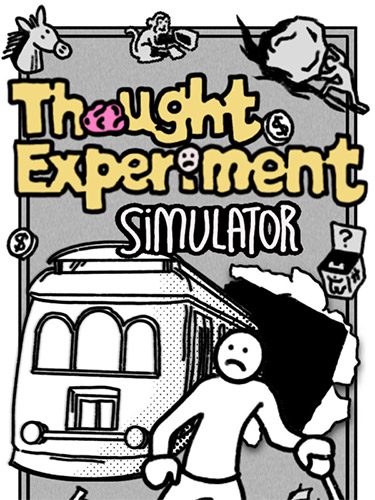
Genres/Tags: Logic, Side, 2D
Companies: HoHo Game Studio, Gamera Game
Languages: RUS/ENG/MULTI10
Original Size: 1.6 GB
Repack Size: 640 MB
Download Mirrors (Direct Links)
- Filehoster: DataNodes (Speed & Usability) [Use IDM]
- Filehoster: MultiUpload (10+ hosters, interchangeable) [Use JDownloader2]
- Filehoster: OneDrive (Uploaded by DyR0 t(-_-t), compatible with torrent mirrors)
Download Mirrors (Torrent)
Screenshots (Click to enlarge)
Thought Experiment Simulator Features
- Based on Thought.Experiment.Simulator-TENOKE ISO release: tenoke-thought.experiment.simulator.iso (1,752,594,432 bytes)
- Game version: v1.0.06; Bonus Soundtrack in MP3 format is included by default
- 100% Lossless & MD5 Perfect: all files are identical to originals after installation
- NOTHING ripped, NOTHING re-encoded
- Significantly smaller archive size (compressed from 1.6 GB to 640 MB)
- Installation takes less than a minute
- After-install integrity check so you could make sure that everything installed properly
- HDD space after installation: 1.6 GB
- Language can be changed in game settings
- At least 2 GB of free RAM (inc. virtual) required for installing this repack
Game Description
Thought Experiment Simulator
Gameplay Modes: Choose Your Philosophical Adventure
The engaging world of philosophy is masterfully integrated into gameplay through three distinctive modes: simulation mode, challenge mode, and story mode. Each mode caters to different player preferences and experiences, enhancing the overall interaction with philosophical concepts.
In simulation mode, players are invited to explore philosophical ideas in an open-ended environment. This mode is particularly appealing for those who enjoy diving deep into concepts without the constraints of time or competitive elements. Players can take their time to ponder ethical dilemmas, gather insights from historical philosophers, and even interact with various philosophical viewpoints. By fostering free exploration, sim mode encourages players to reflect on complex themes and engage with them at their own pace, making it a valuable option for those looking to immerse themselves intellectually.
Contrastingly, challenge mode presents a more exhilarating approach. Designed for quick thinkers, this mode tests players’ knowledge and agility through fast-paced dilemmas and rapid choices. Players must navigate various philosophical scenarios while racing against the clock. This dynamic format not only sharpens critical thinking skills but also highlights players’ grasp of philosophical principles. Successful navigation of these challenges rewards players with points and unlocks new levels, urging them to engage further within the realm of philosophy in a competitive manner.
Lastly, story mode weaves a narrative-rich experience filled with humor and philosophical insights. This mode takes players on a journey through engaging tales that illustrate philosophical concepts in practical scenarios. With well-developed characters and plots, players are encouraged to reflect on moral choices and the consequences of their actions within the narrative. This mode effectively merges storytelling with philosophy, making complex ideas relatable and enjoyable for a wide array of players.
In conclusion, whether players prefer thoughtful exploration, brisk challenges, or immersive storytelling, the diverse gameplay modes provide a unique entry point into the world of philosophy, appealing to both casual gamers and philosophy enthusiasts alike.
Artistic and Auditory Aesthetics: The Visual and Audio Experience
The Thought Experiment Simulator has interplay between visual and auditory elements is fundamental to the immersive experience provided by interactive games focused on philosophical dilemmas. The game’s striking black-and-white art style not only sets a unique aesthetic but also accentuates the themes of absurdity and depth inherent in philosophical inquiry. This minimalist design approach engages players by providing a stark visual contrast that highlights the game’s core dilemmas. Artists have used this palette deliberately to encourage players to focus on the narrative and the philosophical questions posed, rather than being distracted by vibrant colors or overly complex graphics.
Additionally, the artistic presentation complements the game’s underlying humor and depth, allowing for a rich exploration of serious subjects while still maintaining an entertaining atmosphere. The use of stark imagery aligns beautifully with the quirkiness of the dilemmas, creating a cohesive look that enhances overall player engagement. Each frame captures the playful yet thought-provoking nature of the philosophical inquiries, rendering the gameplay a true feast for the eyes.
Equally important is the game’s dynamic voice acting, which brings a further layer of interaction and enjoyment. Talented voice actors contribute to the characters’ personalities, making each philosophical dilemma feel more alive and relatable. The infusion of humor into the narration, often aided by fourth-wall breaks, invites players to rethink their own perspectives on the presented situations. This narrative technique not only provides comic relief but also fosters a deeper connection to the philosophical content, making intricate concepts more accessible.
In the realm of repacks and games, such thoughtful design choices elevate the overall experience. Players who engage with FitGirl repacks find not just a set of challenging dilemmas, but also a rich auditory adventure that resonates long after the game is completed. As players navigate these philosophical landscapes, the seamless integration of artistic and auditory elements enhances their journey, imparting both entertainment and educational value .

